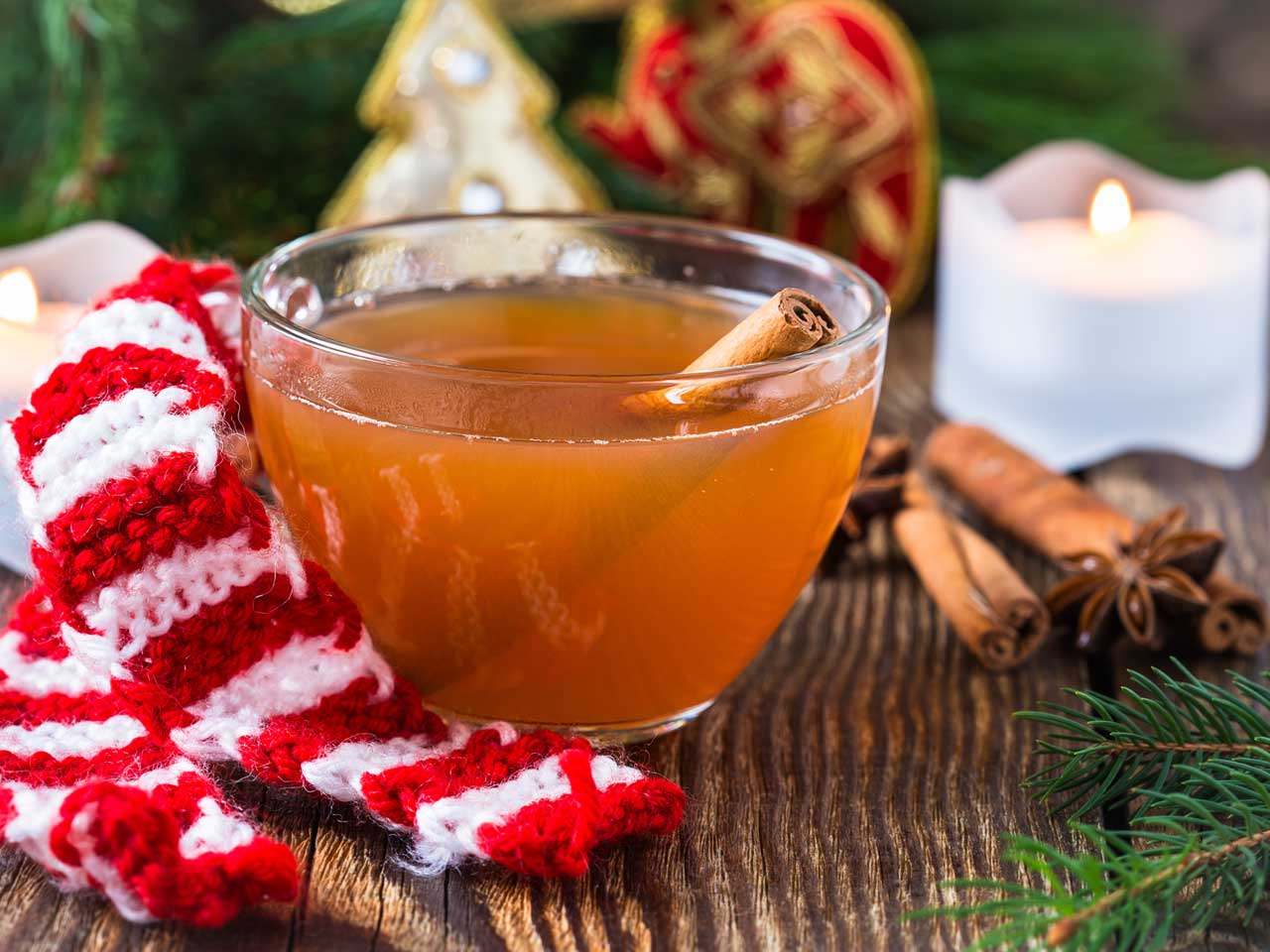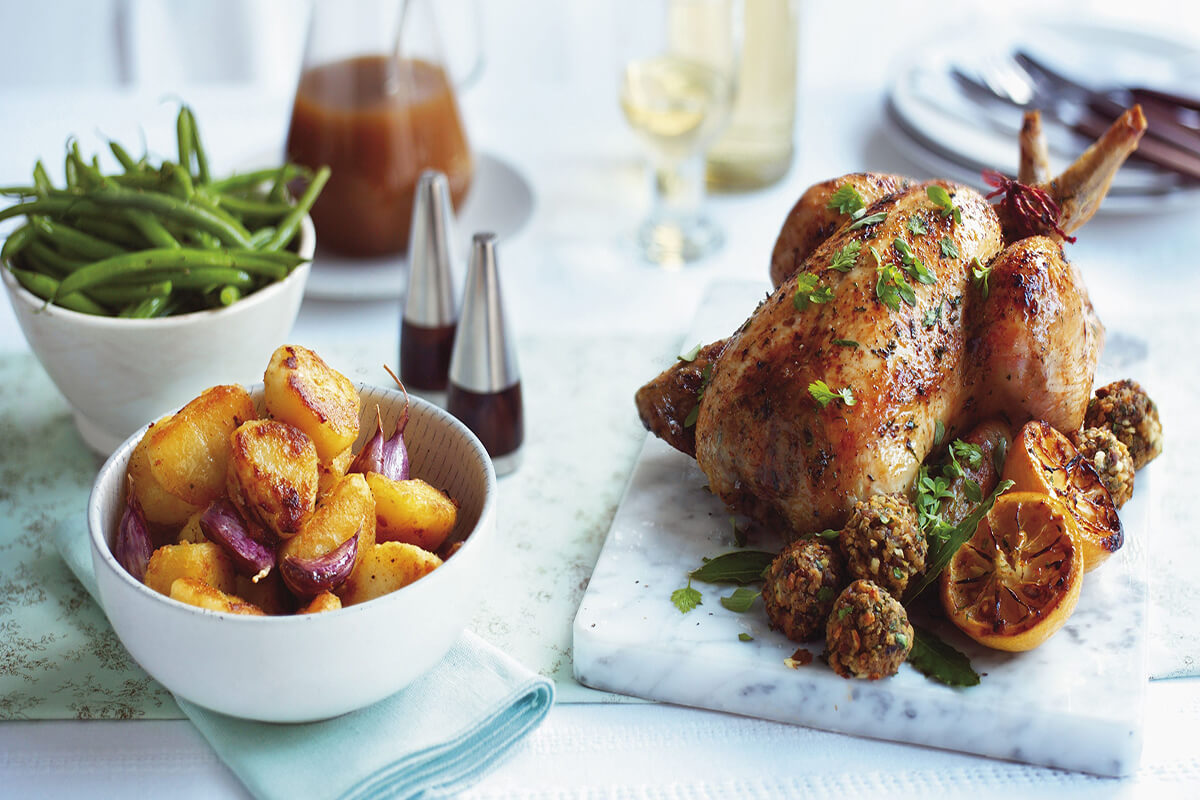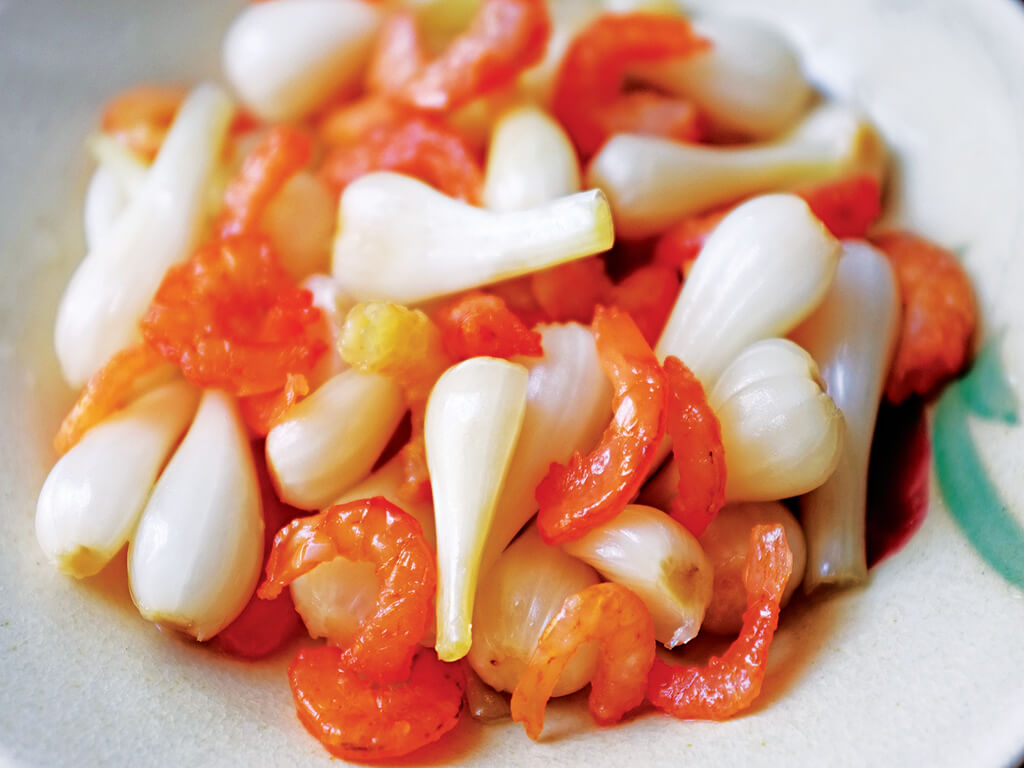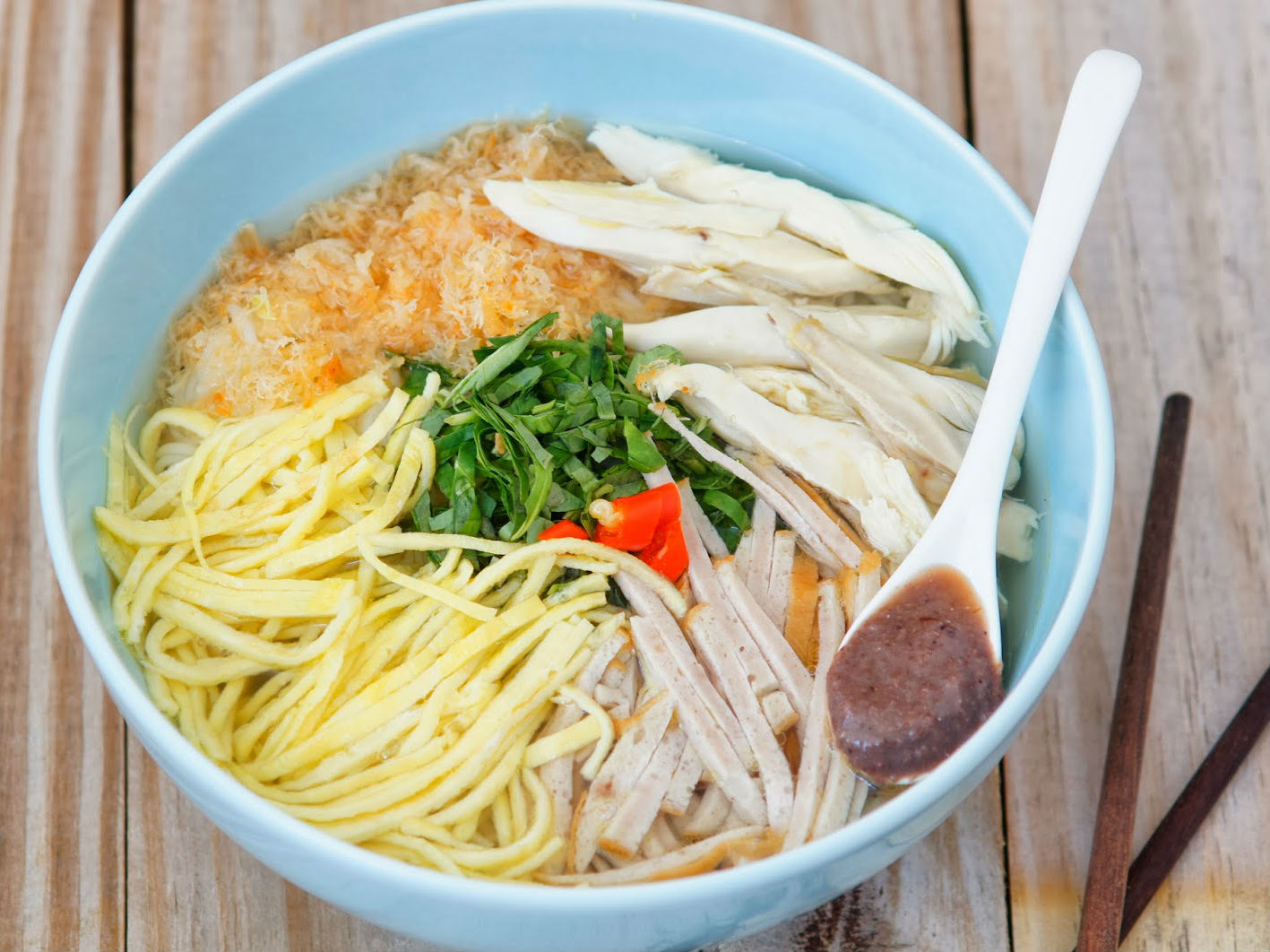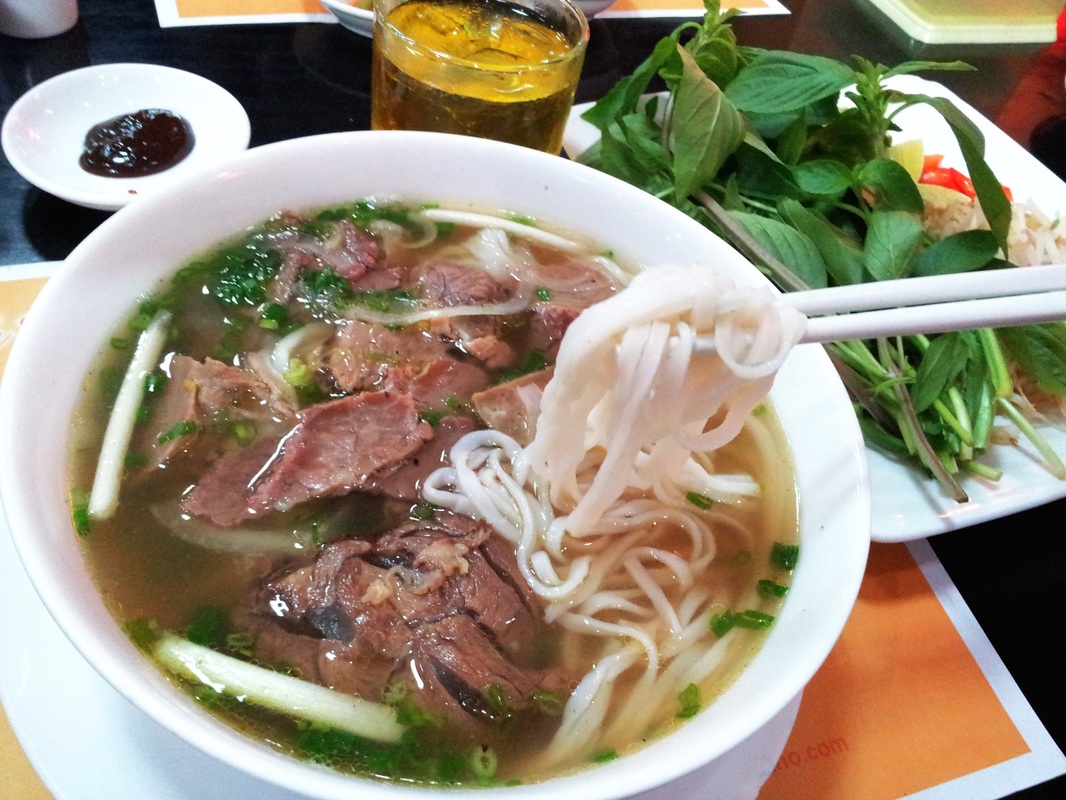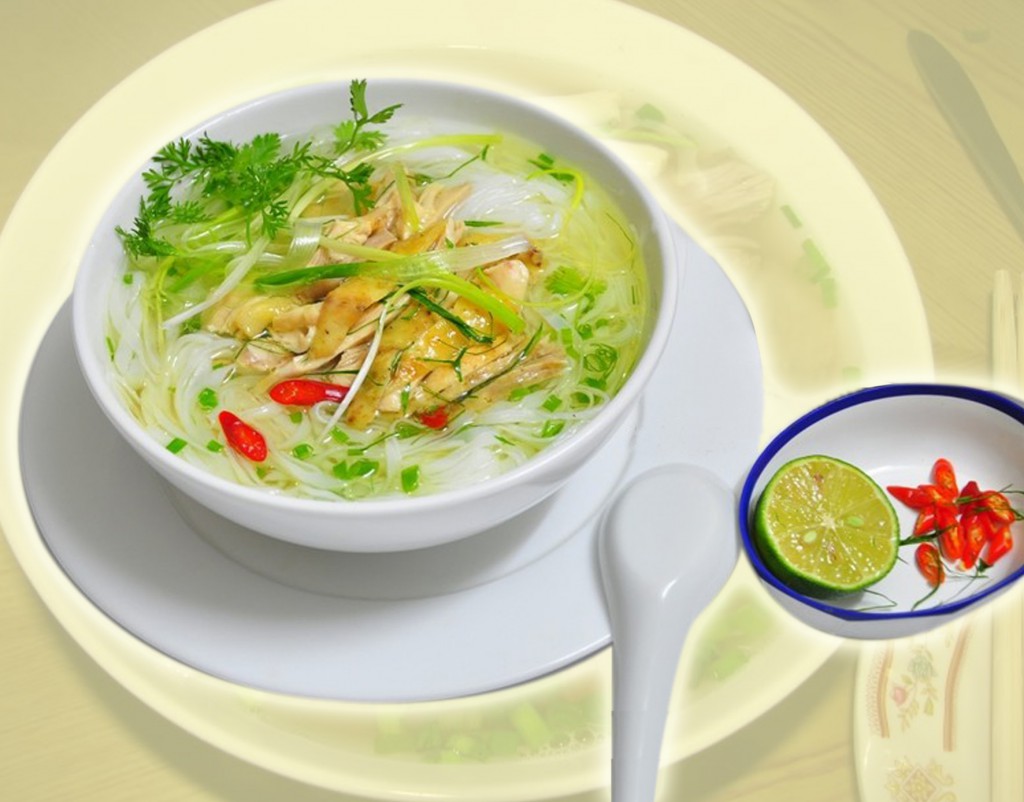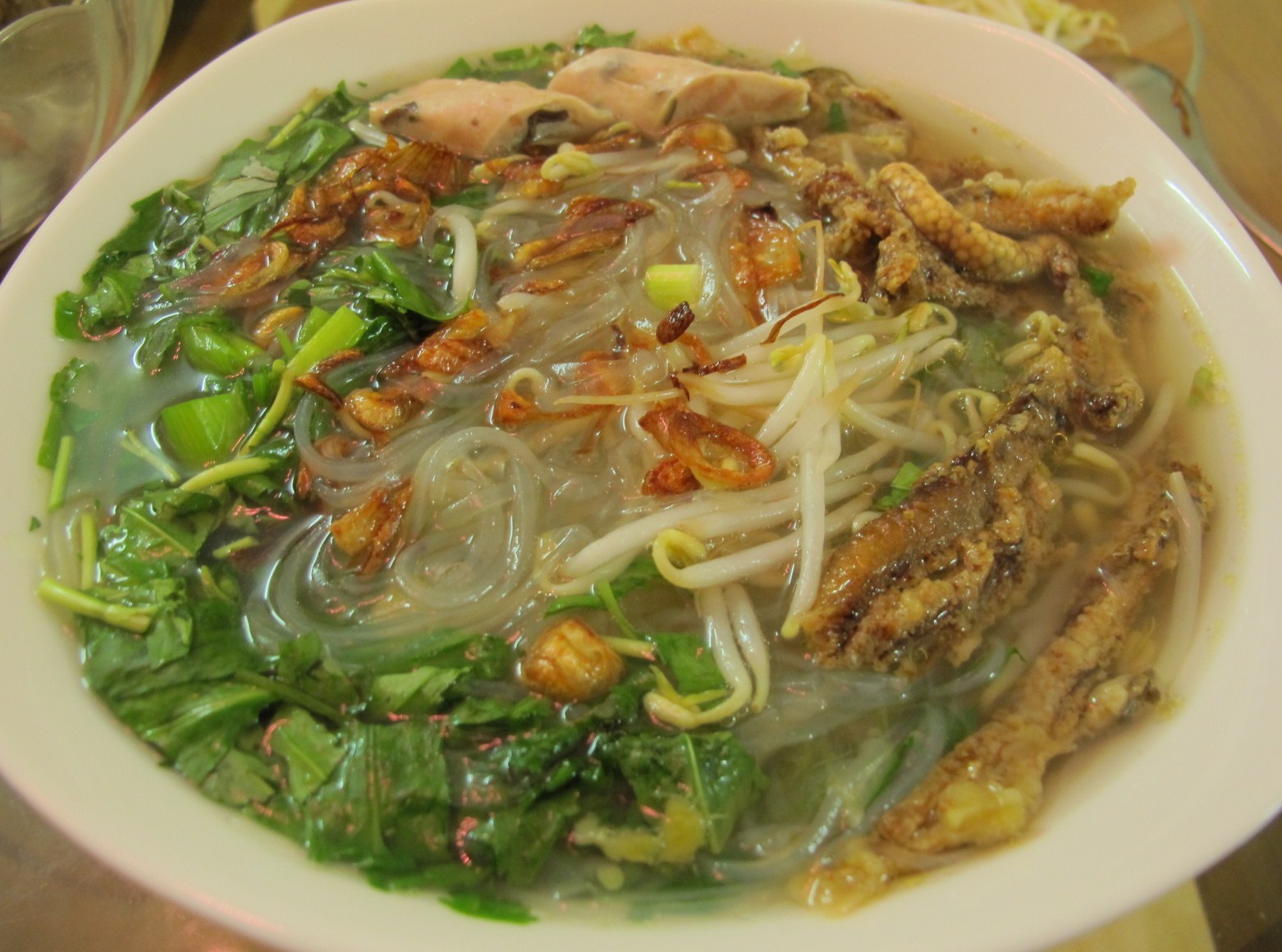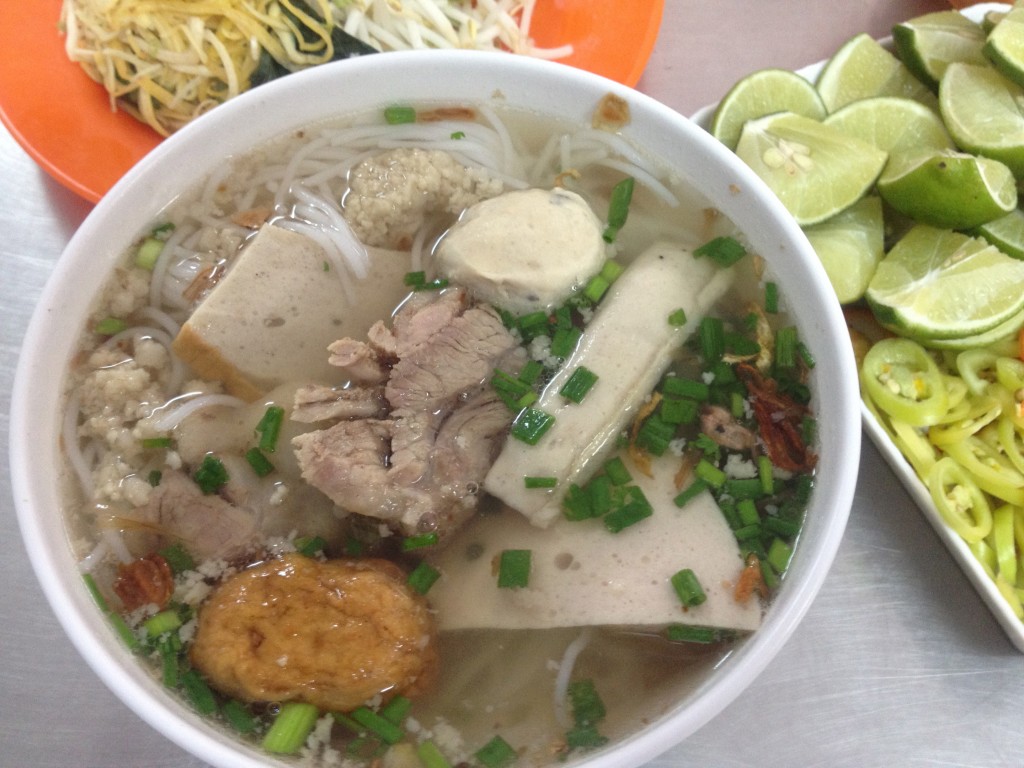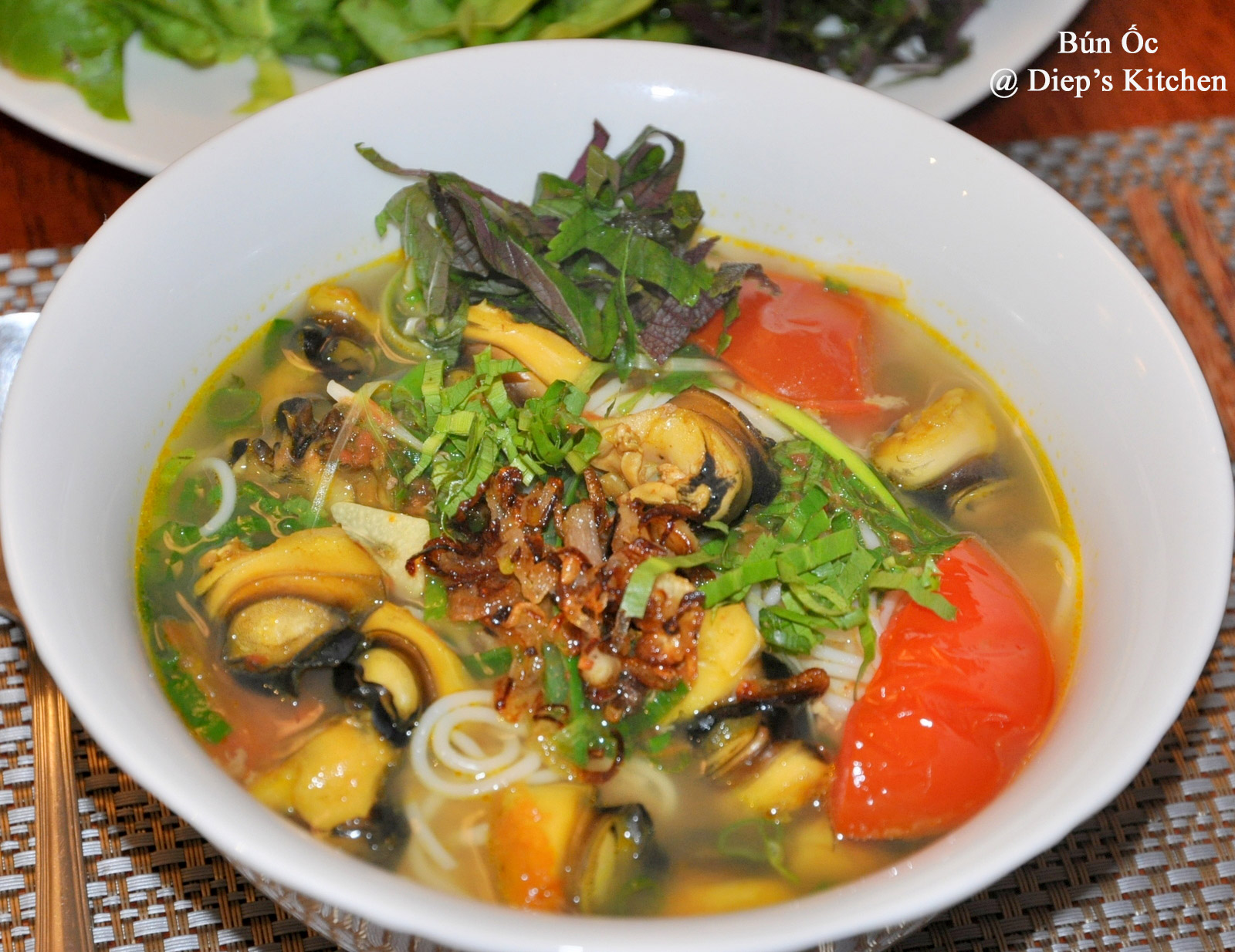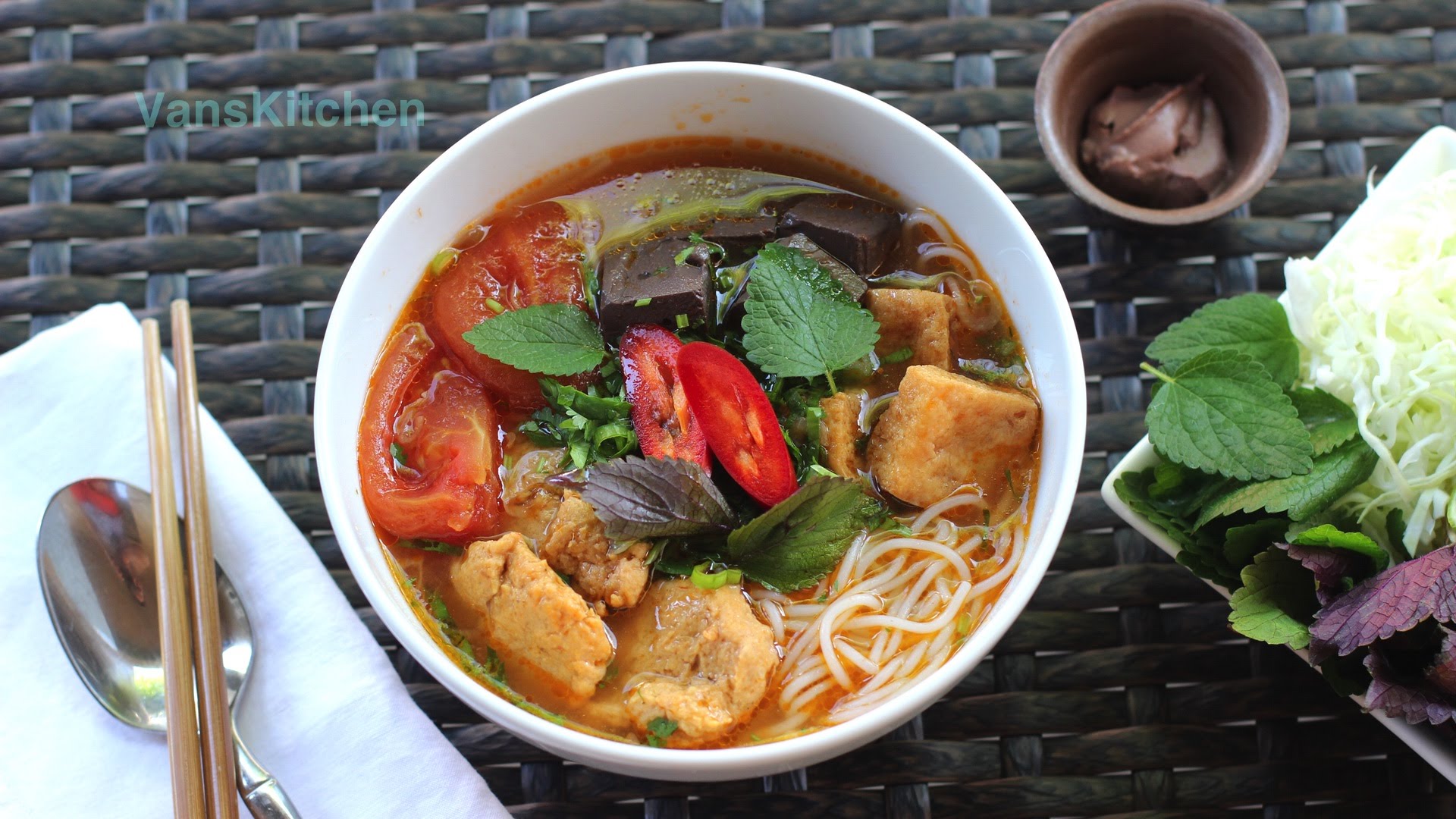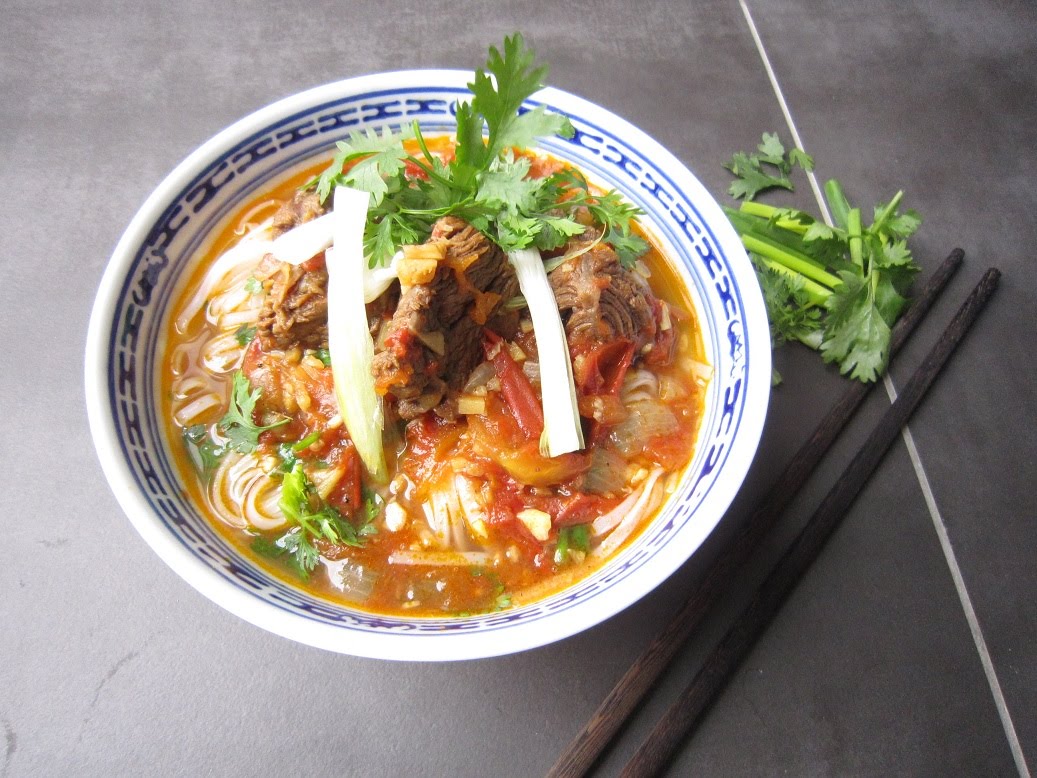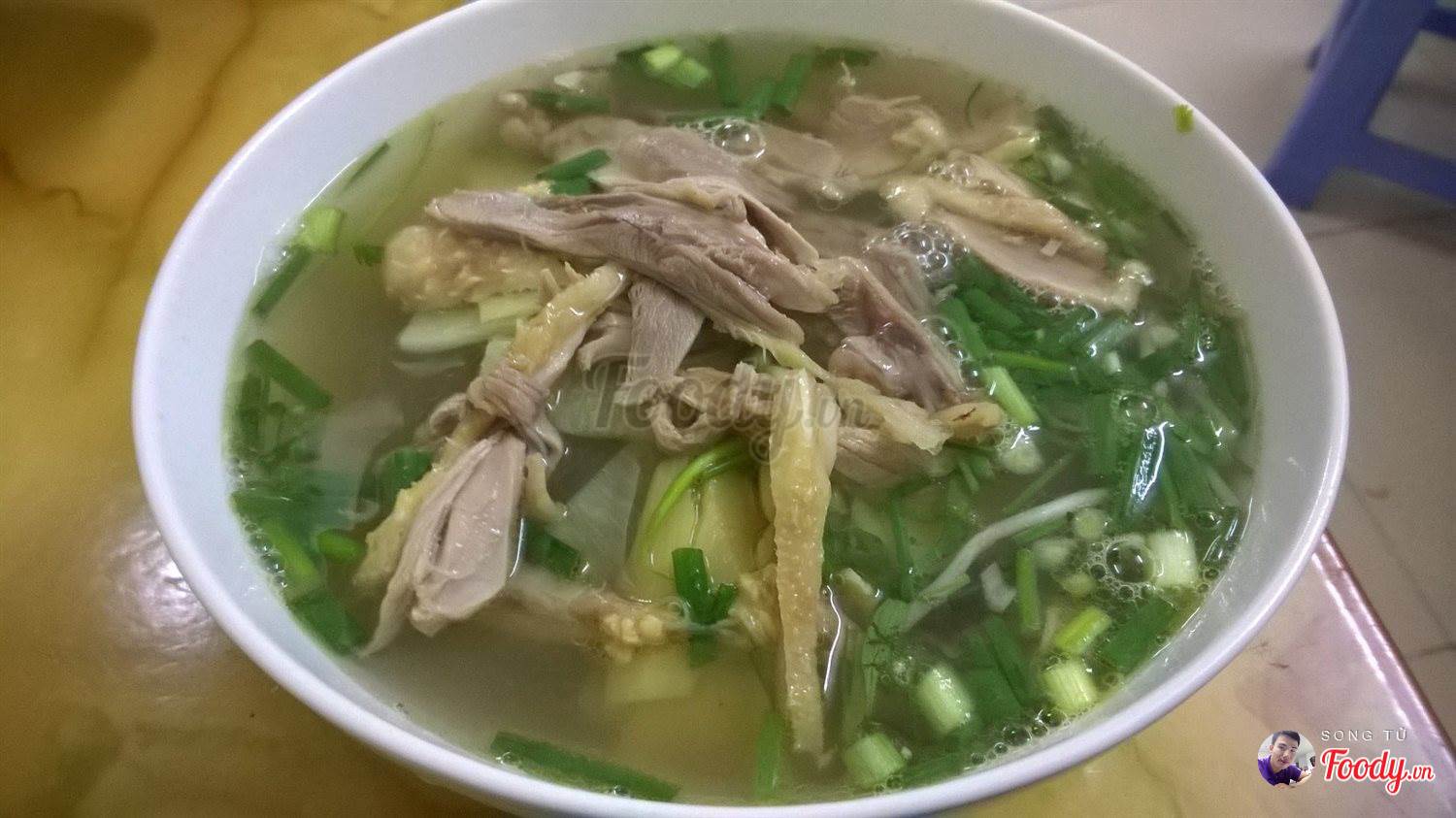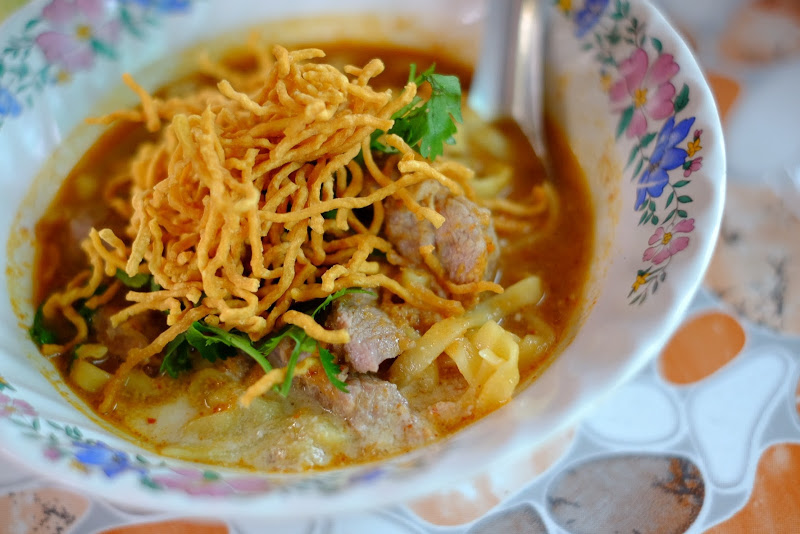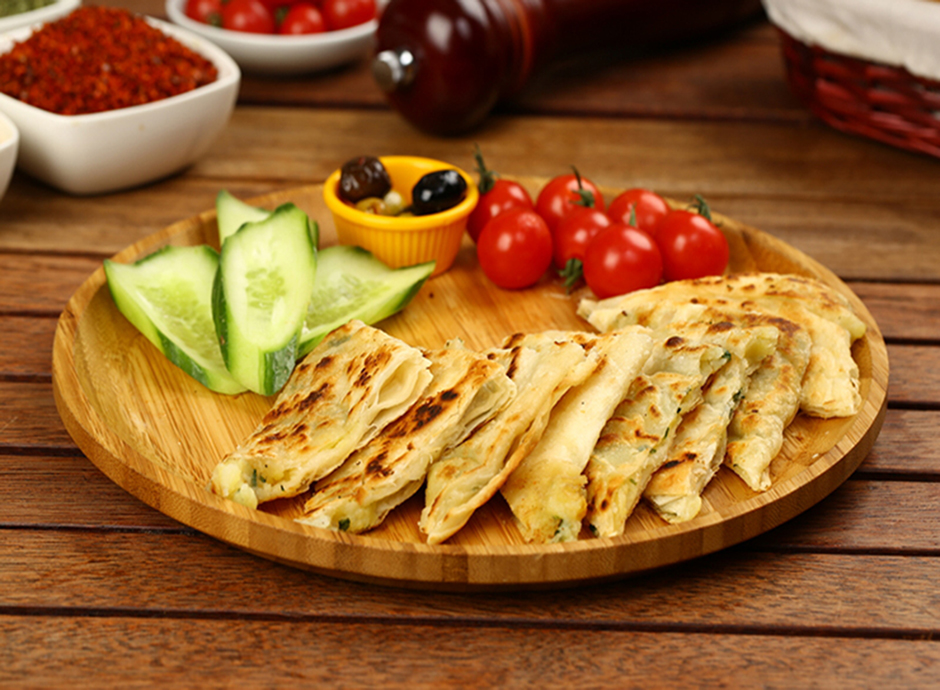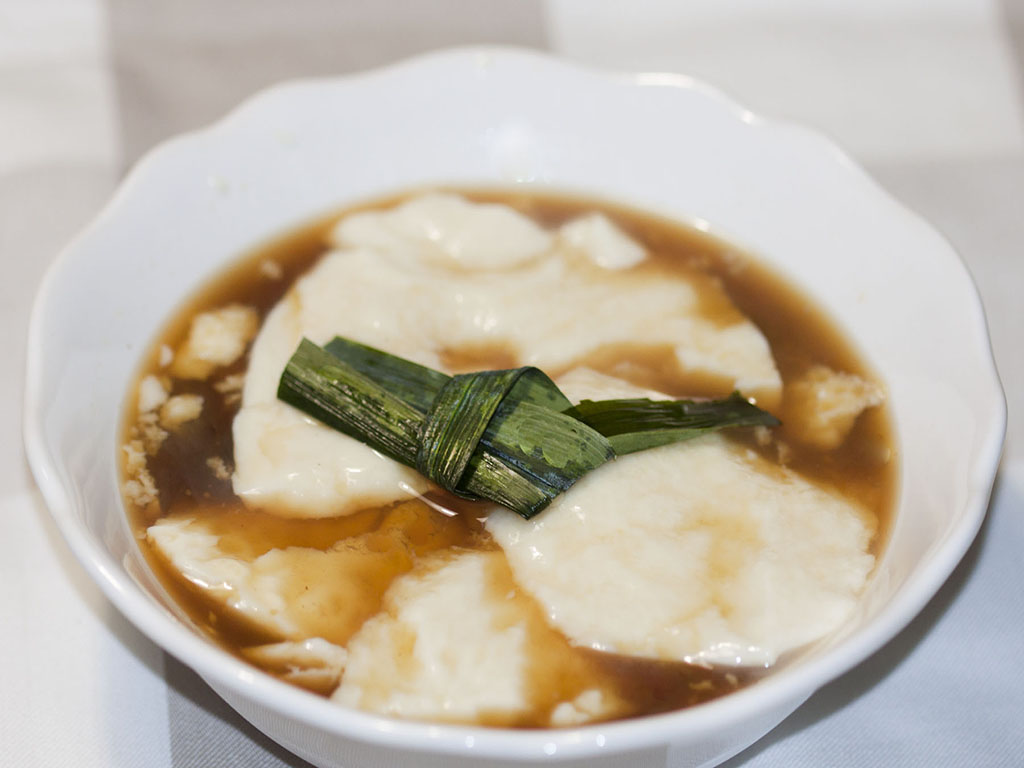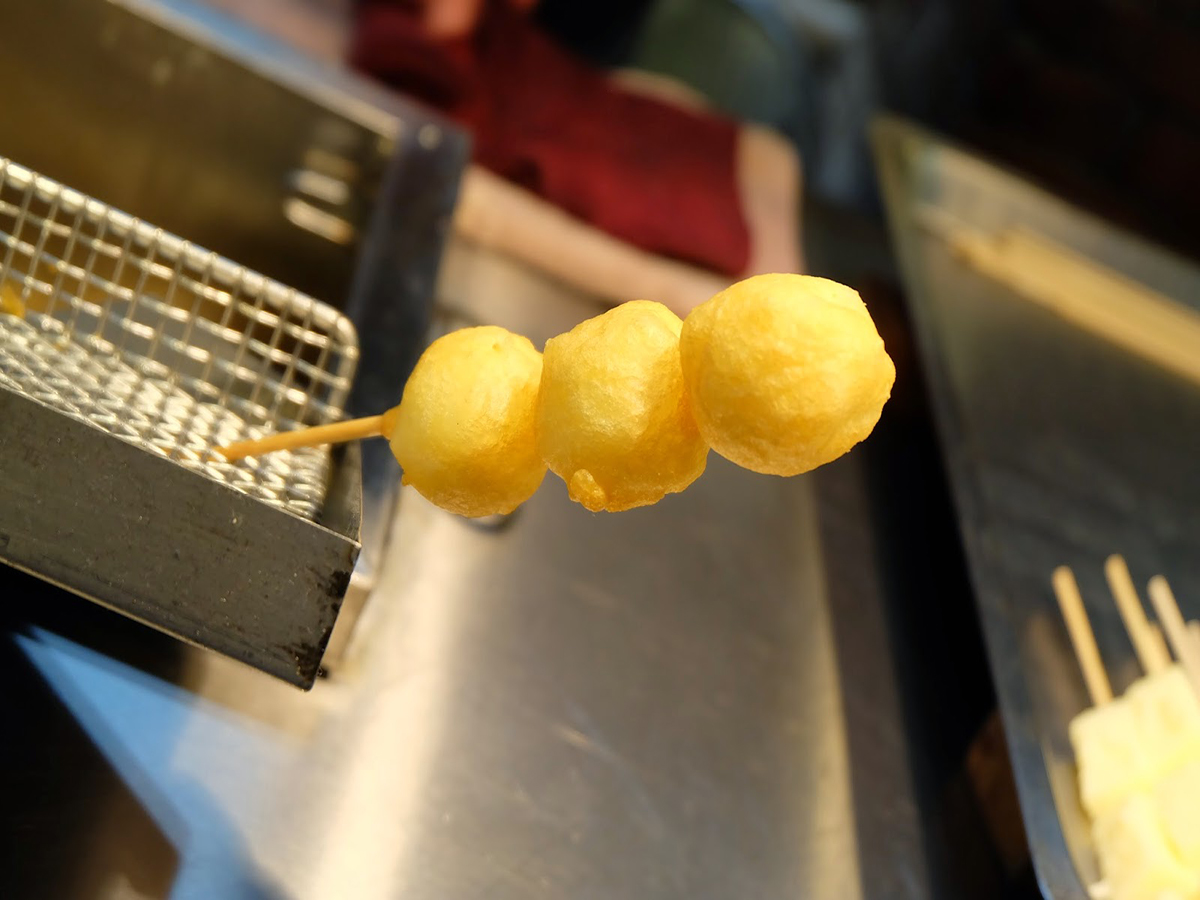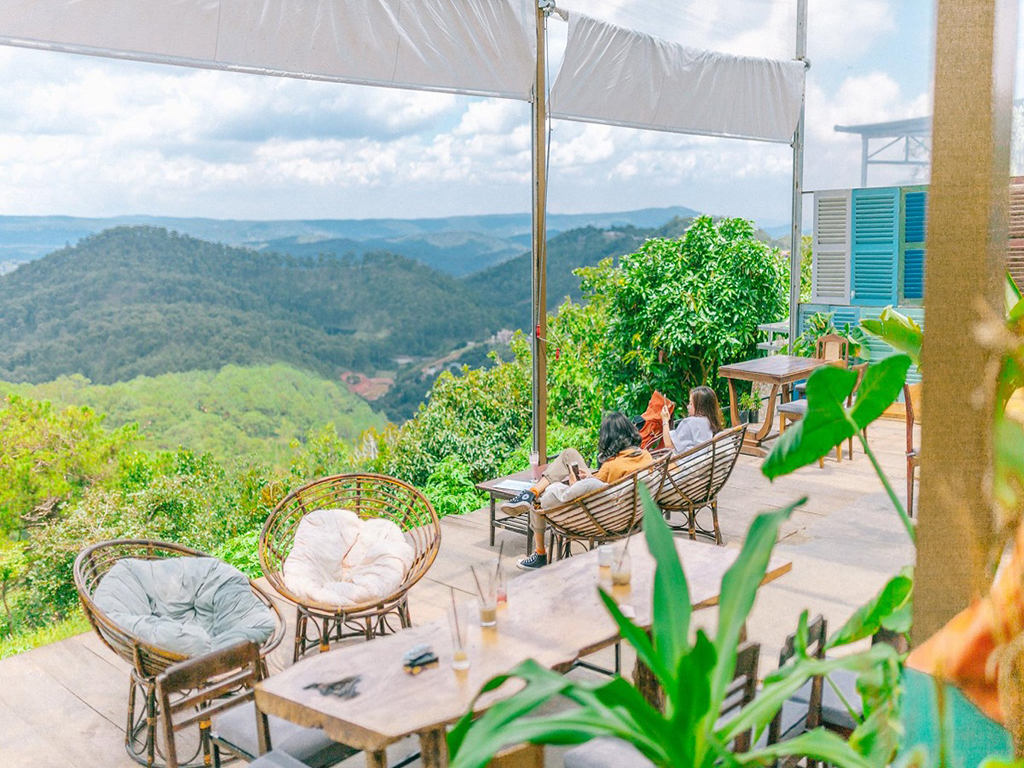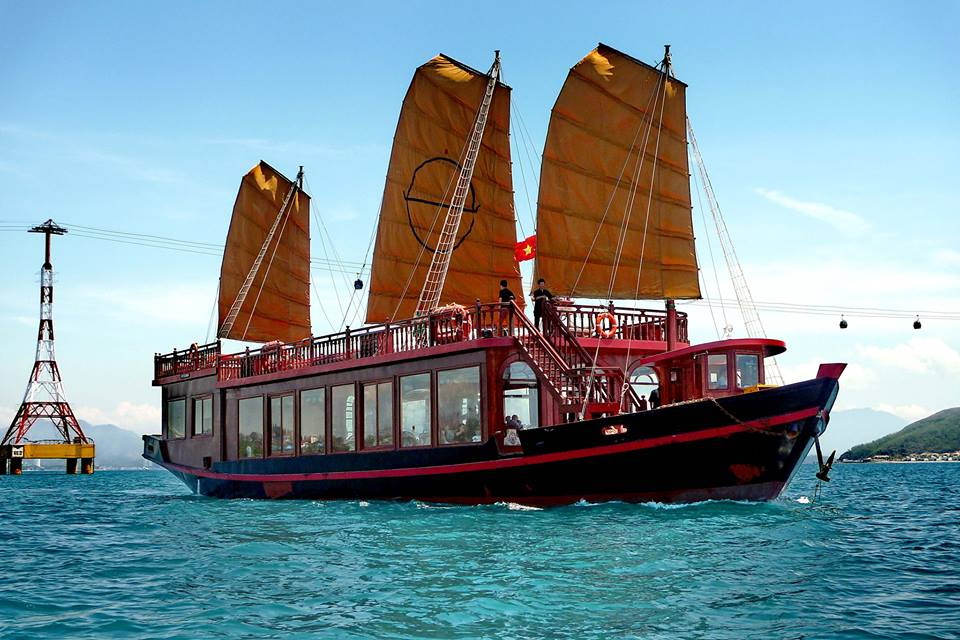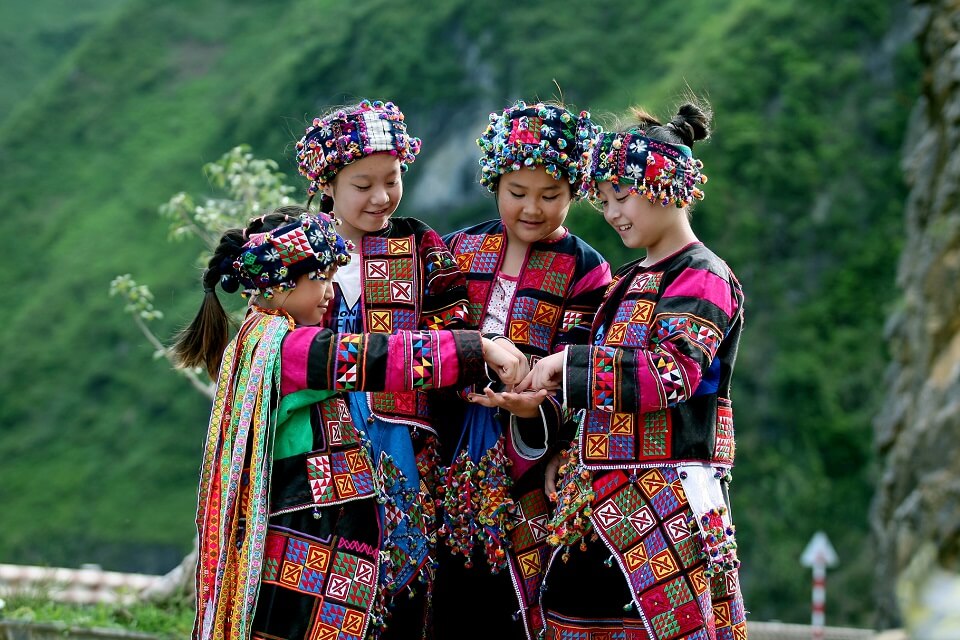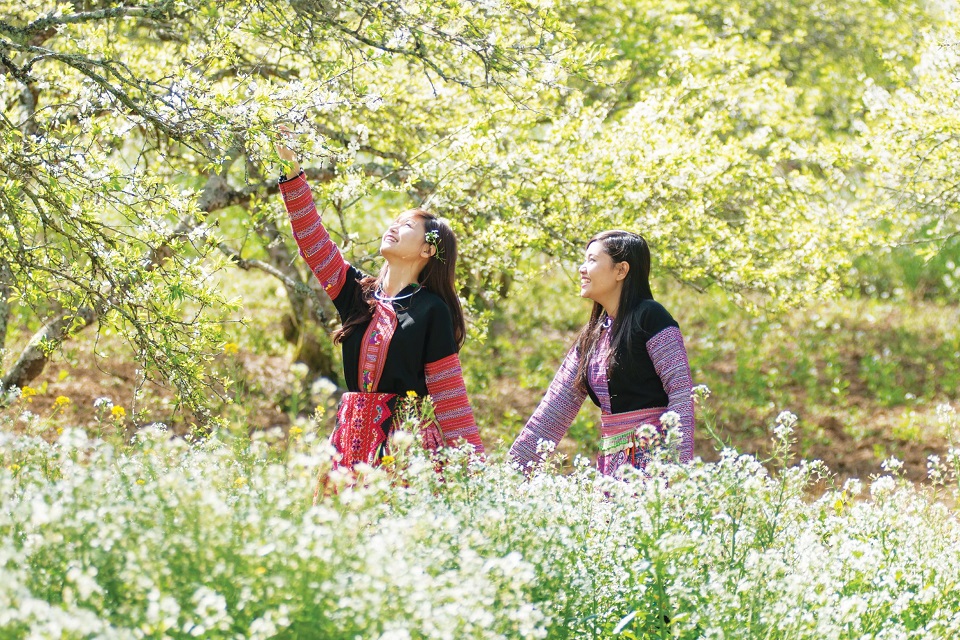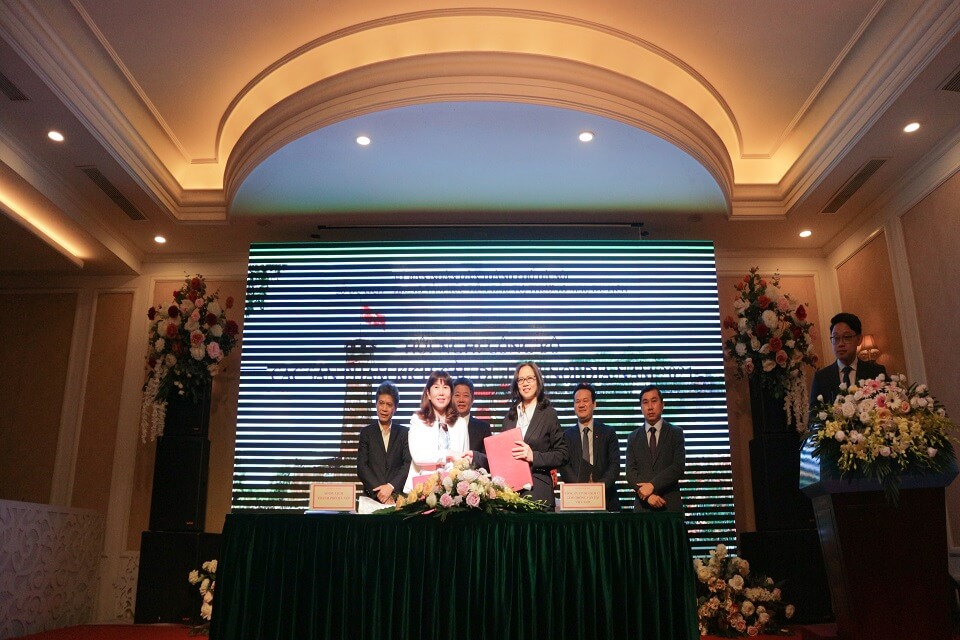Bún thang
Bún are thin vermicelli noodles made from rice, and bún thang is a special kind of noodle soup comprised of rice vermicelli, thinly sliced chicken pieces, omelet, Vietnamese ham, mushrooms, and chopped fresh herbs. One of its secret ingredents is a tiny dollop of shrimp paste, which helps to bring out the flavors of the other ingredients, and the combination of mild chicken broth and pungent shrimp paste is simply divine. Bún thang can be found in many places in Hanoi, but the most legendary recipe belongs to a Mrs. Ẩm, a famous cook in the twentieth century. Her recipe for bún thang was adapted by her daughter and son-in-law to serve in their restaurant, Vườn Ẩm Thực. Even though it is quite pricey compared to other places, it is well worth a visit.
Address: 37 Cua Nam, Hanoi, Vietnam.
Phở bò
Phở is among the most internationally well known Vietnamese dishes, and it is frequently served in Vietnamese restaurants around the world. The best place to have phở is definitely Hanoi, even though it may not be the birthplace of the dish. Phở are rice noodles, which are thicker than rice vermicelli, and they are served in either beef broth or chicken broth (phở bò means beef pho). This hearty dish would not be complete without a large bunch of crunchy spring onions and freshly chopped cilantro on top. According to Vietnamese tradition, spring onions are good for your immune system. A place to have good beef pho is at Phở Vui (Happy Pho), which was established about 30 years ago. The place is especially well liked by locals, for breakfast and supper.
Address: 25 Hang Giay, Hanoi, Vietnam
Phở gà
Phở gà (chicken pho) is lighter than beef pho, and it is a natural remedy for a common cold. Similar to beef pho, it is usually served with chopped spring onions, coriander, onion slices and also quẩy, deep-fried flour-based snacks that are crunchy on the outside and chewy on the inside. Locals tend to dip them into their soup to let them absorb the tasty broth. The Vietnamese prefer chicken thighs to breasts, so chicken thigh pho is a little more expensive.
Address: 31 Hang Khoai, Hanoi, Vietnam
Miến lươn
The main ingredients of miến lươn are miến (cellophane noodles), lươn (eels), fried shallots, bean sprouts and cilantro. The eels are usually deep fried to eliminate their fishy smell and to add a tasty, crunchy touch to the dish. In Chân Cầm street, Minh Lan restaurant specializes in eel dishes, and apart from eel noodle soup, you can also try eel soup and stir-fried eel noodle.
Address: 1 Chan Cam, Hanoi, Vietnam
Bún mọc
Similar to bún thang, bún mọc is rice vemicelli served in chicken or pork broth. What is so special about this dish is that it comprises several different types of Vietnamese ham and sausages. One of the best places to have bún mọc is in Nam Ngư street. This quiet littl street is a great getaway from the hustle and bustle of Hanoi, and you can also find some other decent restaurants here.
Address: 70 Nam Ngu, Hanoi, Vietnam
Bún ốc
Like the French, the Vietnamese eat snails too, but not the same kind of snails. They eat ốc (Vietnamese freshwater snails), which are smaller and chewier than their land-based cousins. Cooked snails are arranged neatly in a bowl of bún (rice vermicelli) with fried tofu and fresh herbs, and the dish is finished with a hot, sweet and sour broth that is poured over all of the cold ingredients. Finally, a few slices of cooked tomatoes are placed on top. One of the oldest places serving bún ốc is in Hàng Chai street. Sometimes when it is too busy, guests have to hold their bowls in their hands because there are not enough tables. Still, it is a fun experience if you want to eat like a local.
Address: 6 Hang Chai, Hanoi, Vietnam
Bún riêu
Bún riêu (rice vermicelli) complements shellfish wonderfully, and it is eaten with both ốc (freshwater snails), and riêu (minced freshwater mini crabs). Similar to bún ốc, bún riêu is served with fried tofu and, sometimes, thinly sliced beef fillet. A favourite place to have bún riêu for local students is in Hoè Nhai street. Although portions may be smaller than other riêu spots, the prices here are unbeatable.
Address: 13 Hoe Nhai, Hanoi, Vietnam
Phở bò sốt vang
Phở cay (spicy pho) is a modern variation of traditional beef pho. Instead of being cooked in beef broth, beef in this dish is stewed in red wine and tomato sauce. The dish has a distinctive spicy flavor and vinegary taste, and is perhaps a little bit Westernized. Phở cay can be enjoyed in the Hanoi Tropical Café, which has very good ambiance and a comfortable, modern interior.
Address: 2C Quang Trung, Hanoi, Vietnam
Miến ngan
Northern Vietnamese have certain rules for what food pairs best together. Bún tends to go with fish and shellfish, while phở is usually eaten with either beef or chicken. Miến (cellophane noodles) can go with either freshwater eels or poultry such as ngan (creole duck), and miến ngan is creole duck cellophane noodle soup. The combination ofthe duck and bamboo shoots in this dish is a perfect marriage. Served from 10am to 2pm, miến ngan at 31 Lý Quốc Sư street is highly recommended by locals.
Address: 31 Ly Quoc Su, Hanoi, Vietnam
Bún cá
If you do not want to start your day with meat or shellfish, a lighter choice is always available. Originating from Hai Phong, a port city in northern Vietnam, bún cá is freshwater fish vermicelli soup, which is served with deep fried fish pieces for a crunchy touch. For a chewy taste, fried fish cakes can be added, and the dish is topped with spring onions and dill. A local favourite to eat bún cá is in Hồng Phúc lane.
Address: Ngo Hong Phuc, Hanoi, Vietnam
Source Vnexpress

